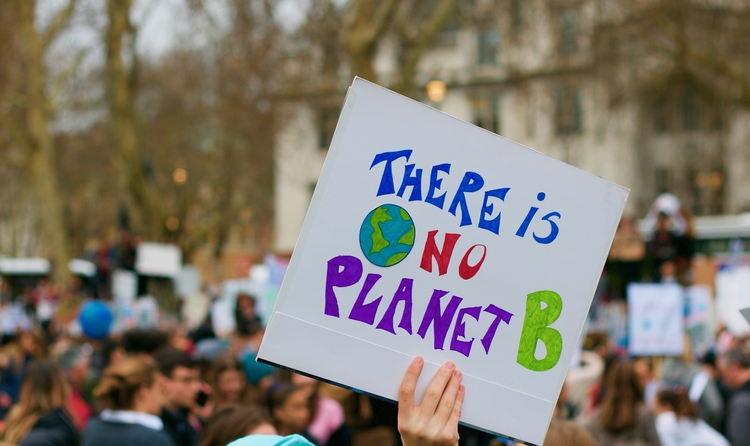Why IPCC reports are the most reliable documents on climate change

The scientific authority of the IPCC in the field of climate change

“A political circus”, scientists who are “bought and paid for”, a “massively corrupt” group, a director who is an “oil tycoon”… These are some of the statements being made on various climate misinformation podcasts about the IPCC, or the Intergovernmental Panel on Climate Change, the leading scientific body in the assessment of climate change. These statements ramp up mistrust of the organisation, whose task is to assess the level of accuracy of studies related to climate change in order to “provide governments at all levels with scientific information that they can use to develop climate policies”.
This consortium is made up of over 1,100 experts and its function is to produce reports that determine the evidence and reliability of different aspects related to climate science in order to offer a complete view.
So the work of the IPCC does not consist in doing its own research, but in publishing reports in which they present established knowledge as well as issues that continue to be studied, such as the role of urban planning in climate adaptation.
It was founded in 1988 by the World Meteorological Organization (WMO) and the United Nations Environment Programme (UNEP) and is split into three main Working Groups, each of which is dedicated to a specific area: Working Group I (WGI) addresses the physical science basis of climate change, Working Group II (WGII) focuses on climate change impacts, adaptation and vulnerability (WGII), and Working Group III (WGIII) deals with the mitigation of climate change.
The first draft and open review
Once the report is written, the first draft, known as the first order draft of the report, is published. This is the point at which anybody who applies to review the report can do so: “The process is open; virtually […] anybody with accredited knowledge on the subject is accepted as a reviewer”, explains Eloy Sanz-Pérez, senior lecturer in the Chemical, Energy and Mechanical Technology department at Rey Juan Carlos University (URJC) in Madrid and an expert reviewer of the last IPCC report, in an interview.
These statements are then synthesised in summaries, a draft of which is sent, along with the second order draft of the report (i.e. a result of the first order draft with the modifications suggested by the expert reviewers), for review both by political officials and representatives as well as the expert reviewers for a second time.
When performing the reviews, experts and governments make comments that “have to go through the editors’ filter, and the editors have to respond one by one to those comments, even if they are nonsense”, adds Sanz. Both the comments and the responses of the editors can be viewed on the IPCC website.
There are no absolute certainties, only probabilities
In general, the results of climate trials are probabilistic and have a high level of uncertainty. That means that they do not determine whether or not something is going to happen in their analyses, but rather what the probability of it happening is. That’s why in some paragraphs of the report you can read words like “virtually certain” – i.e. a 99 to 100% probability of it happening – or “exceptionally unlikely” – i.e. a 0 to 1% probability of it happening.
In the analysis, the authors also determine the level of confidence with regard to the results of the various studies, as well as the level of agreement of the scientific community, basing it additionally “on the amount of evidence that exists on the subject”, as Elena López-Gunn, a geographer specialised in climate mitigation and member of the WGII, explains to Verificat.
In addition to the number of topics, the experts also measure the level of consensus on any given subject because “it is not the same when there are 100 articles on a subject and all 100 say the same thing versus when there are 100, but 50 say one thing and 50 the opposite”. In that case, Sanz emphasises, “no matter how many there are, if they have a low level of consensus, the conclusions do not demonstrate a very meaningful level of confidence”.
Anna Pirani, leader of Working Group I of the IPPC, which is dedicated to assessing the physical science basis of climate change, concludes that producing the reports is a “slow process, because it has to be rock solid”. So the good news is that “when you finish, you have an extraordinarily powerful document, because there are no more disputes over the conclusions. And that’s the way the IPCC has been doing things for 30 years”, becoming the go-to organisation for climate change and being referenced by a multitude of authors in their studies on the subject.